Language Courses
Li’L Holidays! – Learning in Leisure Holidays!
Are you moving into colder, darker days right now?
Can you feel the Autumn chill creeping in and shuddering at the thought of it?
And, do you also need to hone your English skills?
Take a look at these pics ?
Like what you see?
Then let’s do this!
Let’s combine South African blue skies, sparkly local smiles, whale watching (depending on when you come), swimming, kite-/wind surfing, hiking, Li’L road-trips to see the big and small 5 showered with loads of sunshine to warm your soul while you improve your English.
Let’s design and create a Li’L English Holiday!
I’ll take care of your bespoke English content every day of your stay!
Keen to do this?
Contact me or send me an email to hester@salt-pro.com for more information and remember to put “Li’L English Holiday” in the subject line.
Stay brilliant, stay healthy and keep sparkling,
“I Want” and “I Will” – The Power Of (The Right) Words
I Want and I Will – The Power Of (The Right) Words
Would you like a change or experience something different?
Here’s how in 2 steps and 2 phrases!
Step 1: start your sentence with “I want….(whatever it is)“ – it opens up possibilities, ideas and speaks of desires and aspirations.
Step 2: reformulate your “I want…” sentence into an “I will…” sentence – it commits to the actions and steps to get what you want.
Now go for it. Repeat Steps 1 & 2 often to keep you focused and on track.
Do you need help with your business English skills? Personal leadership skills? Professional development skills? Contact me.
The “Con” in Consent and Other Agreements!
The “Con” in Consent and Other Agreements!
“con” as found in consent – is also known as to deceive, bamboozle (love that), swindle, cheat, fool, mislead, sweet-talk, trick, double-cross and rip-off. It dates back to the 1500’s which was frequently used in establishing the “pros and cons” of something which, going back to its roots, means that “con” is against, in opposition to and opposed to.
“con-sent” comes from the Latin “comsentire” – “com” = with and “sentire” = to feel in other words to feel together, agree or give permission.
The weakness in “con-sent” is that the content of the “con” can be stronger than, or even work against, the feeling of together-ness and mutual agreement. “Con” can be you giving someone, albeit unwittingly (unintentionally), the permission to “con” you. Or someone can allow you to do something but work against you and hold you in contempt (mock, scorn or be disrespectful).
And then, more often than not, the agreement becomes a “dis”. Con-sent ends in dis-agreement, dis-con-tent, dis-approval, dis-sent, dis-pute, an eventual dis-allowance filled with regret and dis-appointment that leads to dis-integration of all that was meant and intended well. Ouch!
Think about this when negotiating or trying to reach consensus with individuals and also with close friends or family members. A lot of agree-ing might be happening only because the need to be liked or accepted is greater than the possible dis-satisfaction later.
Consider the amount of “con” you communicate and con-tribute in your interactions and activities. If there is more dis-appointment and dis-sent than you care to deal with, you can change the way you say “yes” to things.
Want to know more? Contact me here. Remember: words have power and the right words empower!
Regards,
Newsletter January 2015 – NYRs and falling in love…beCOS it matters!
Welcome to 2015 with SALT!
Remember the days when it was easy to fall in love with everything and everyone? Remember when you used to get really excited…like jump up and down excited…wave your arms in the air excited…grin from ear to ear and laugh out loud excited…like on the day you got your first valentine’s card or your first car or the yes to that “dream” job you so badly wanted?
Remember how you wouldn’t listen to any “words of warning” or have any place for negativity? How present you were? How curious, open and spontaneous you were? How you washed the car weekly and walked around at work with a spring in your stride and your shoulders high? And how it all changed over time?
As we approach every New Year we do mental scans over the year done as well as mentally project into the year ahead with the eager anticipation of personally designed changes – just like a new English vocabulary book with 365 pages for your new SALT course or seminar. Did you enthusiastically set yourself some NYRs on the 1st of Jan? Or have you already given up because, despite the fact that you have set them SMART-ly or according to other expert models, they (still) don’t work…the vocabulary book’s somewhere at home or in the office…the short and tragic life of a new year’s resolution…RIP!
Here are some interesting stats on NYRs (seems the Europeans aren’t particularly keen on being transparent about things like this). Not exactly an impressive success rate for the millions of people that kick off each January 1st with the best of intentions.
You know why? There are really good expert explanations like…
– Scientific studies have shown that you’re not attending enough SALT skills seminars and communication courses
– You’re being too vague
– You fear failure,
– You procrastinate
– You’re not hanging in there long enough, 21 days to be exact, to reap the rewards of the new habit(s) AND
– You’re formulating your goal or New Year’s resolution with modal verbs e.g. must, should, have to, ought to, need to etc. You seriously rebelled against a parent part or others telling you what you should or must not do so why do you think your own “instructions” are going to work?
…but the one that is never mentioned is that falling in love is also the secret to success. That’s right. Fall in love and feel it with all your senses. I realise it sounds crazy to tell a business person to fall in love but you know as well as I do that if half the managers had to fall in love with goals and plans what a wonderful place our working world would be! Close your eyes and imagine a person freshly “in love” (frisch verliebt) – they are delightfully energising and carefree and they swoop us up with all that feel good stuff they’re feeling!
Fall in love with your goals. Fall in love with the things you want to achieve because, just like your first love, your first car and that dream job you got, you will be prepared to put that little bit of “extra” into whatever it takes to make it happen. Fall in love like in the beginning.
But, before you do that, do this little check. Ask yourself these questions:
– What do I really want? Start your answer with “I want……”
– What does that mean for me? Is it the beginning or the end? Think about this carefully. If you think something (your marriage / relationship / job) is over, finished, the end you’ll treat it like that, but if you treat it like it is a new beginning you will put the spark of passion back into success. All around you “new” things are filled with a different kind of energy to things thought of as point- and useless!
– What am I prepared to do for it i.o.w how badly do I want it?
– What will be different/better if I achieve it, and what will happen if I don’t?
If you clarify these points, you’ll either make and succeed in your goals…or you won’t.
In my next newsletter I’ll be telling you more on the “neuro-science” of why resolutions and some goals fail, why we hinder ourselves from achieving our goals, why we procrastinate (self- and time management) and I’ll give you good tips on how to integrate new habits so that they stay – for as long as you want them to! Science it is but you don’t have to be rocket scientist to succeed!
I wish you lots of falling in love in 2015 beCOS it matters. Remember to be curious, be open and spontaneous. Also to be present and to look out for our skills and language offers – beCOS it really matters.
Good things are going to happen!
PS: So where does this all new year resolution stuff come from anyway? This tradition is woven deep into our heritage going back to the Babylonians who promised their gods that they would return borrowed items and pay their debts at the first of the year, the knights of the Medieval period renewed their vows to chivalry and the Romans made their promises to the god Janus for whom January is named.







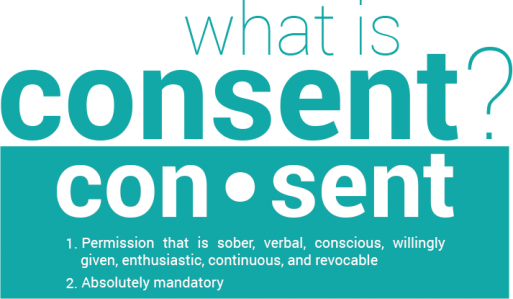
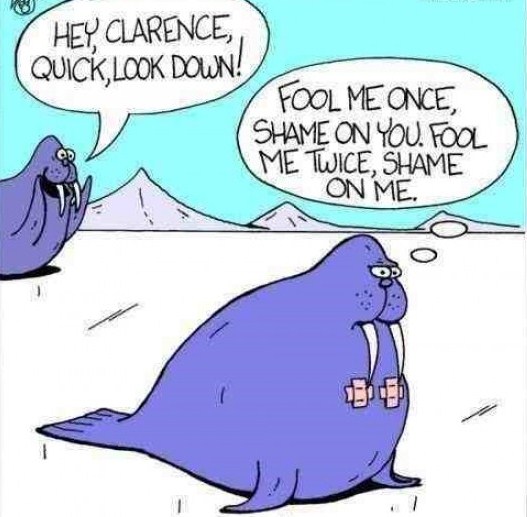

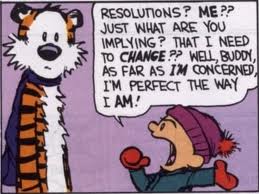
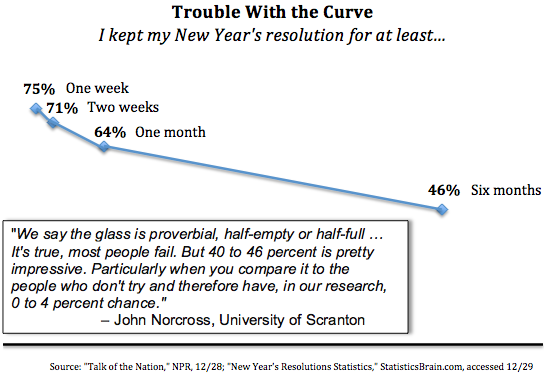
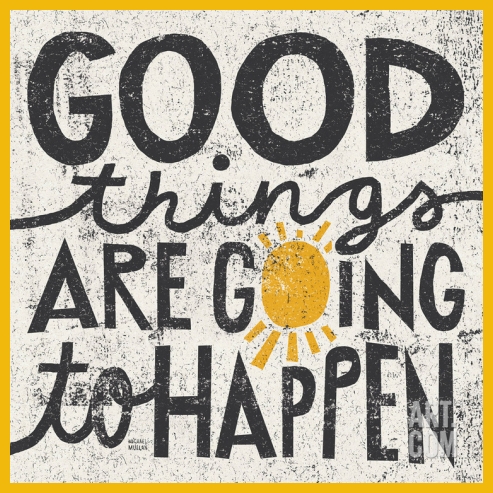
Recent Comments